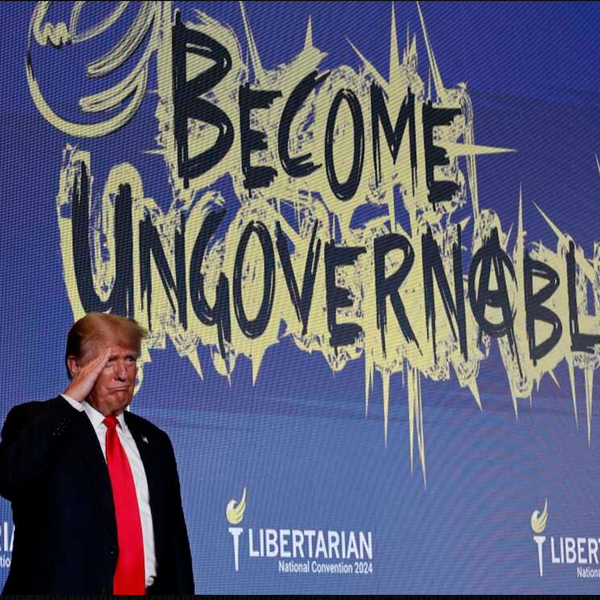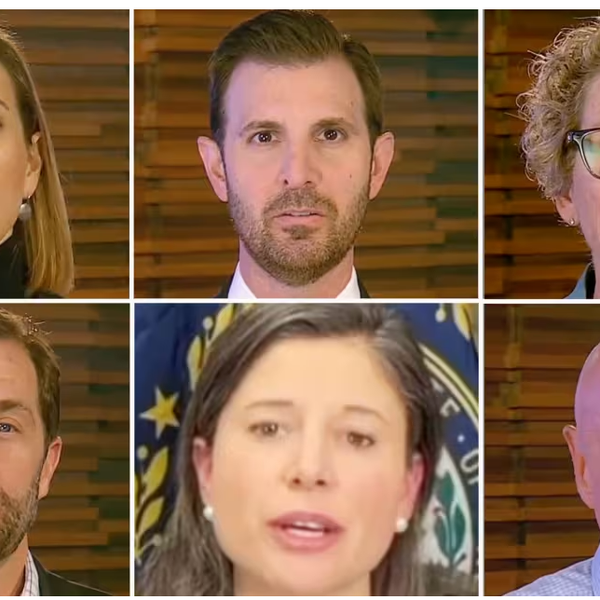Damascus (AFP) – Foreign Minister Walid Muallem insisted on Tuesday that only the Syrian people can choose their future, rejecting Western and Arab demands that President Bashar al-Assad step down.
Muallem made the remarks to UN-Arab League envoy Lakhdar Brahimi, who is visiting Damascus to muster support for launching peace talks in Geneva, the official news agency SANA reported.
“Syria will attend Geneva II based on the exclusive right of the Syrian people to choose their political future, to choose their leaders and to reject all forms of external intervention,” Muallem said.
“The dialogue will take place between Syrians,” he added, rejecting regional and international interference in any dialogue.
He also said that all statements about the future of the country, particularly “the one from London,” were “infringements on the rights of the Syrian people” and “preconditions to the dialogue before it has even started.”
That was a reference to the October 22 meeting of the so-called Friends of Syria group of countries, key backers of the Syrian opposition.
At the meeting, Western and Arab powers agreed with Syrian opposition heads that Assad had no future role to play in the country.
Brahimi himself insisted that the Geneva talks would be “between the Syrian parties” and that only Syrians would decide their future, SANA reported.
He added that there was an agreement on “the importance of ending the violence, terrorism and respecting Syrian sovereignty,” according to SANA.
As Brahimi presses his tour to drum up backing for the talks in Geneva, its prospects remain in doubt, with Syria’s increasingly fractured rebels having yet to say whether they will attend.
The main opposition National Coalition has said it will refuse to attend talks unless Assad’s resignation is on the table — a demand rejected by Damascus.
Assad himself has cast doubt on the possibility of talks, and has said he will not negotiate with any group tied to the rebels fighting his forces or to foreign states.
In an interview with French website Jeune Afrique published on Monday, Brahimi acknowledged that “the entire world will not be present” at the talks, but said the alternative to a political settlement could be a failed state in the heart of the Middle East.
“The real danger is a sort of ‘Somalisation,’ but even more deep and lasting than what we have seen in Somalia,” he added.
With prospects dimming of Geneva II taking place next month as hoped, it was reported Tuesday that Assad sacked his vice premier, Qadri Jamil, for being absent without leave and carrying out unauthorized meetings abroad.
The move follows media reports that Jamil had met with the US pointman for Syria Robert Ford in Geneva on Saturday to discuss the proposed peace talks.
The official SANA news agency said the official was sacked after an “absence without authorization from his post” as well as “activities and meetings outside the country without authorization from the government.”
More than 115,000 people are estimated to have been killed in Syria’s 31-month conflict, which erupted after the regime launched a brutal crackdown on peaceful pro-democracy protests.
In the latest measure of Syria’s disintegration, the World Health Organisation confirmed a cluster of polio cases in the northeastern province of Deir Ezzor, all of them children under the age of two.
Before the outbreak of the civil war around 95 percent of all Syrian children were vaccinated, but since then some 500,000 children have gone without, according to the United Nations.
On the battlefield, Kurdish fighters advanced across the northeast after seizing an Iraq border post from jihadists over the weekend, according to the Syrian Observatory for Human Rights, a Britain-based group.
It said the Kurds had seized two villages in Hasakeh province and surrounded a rebel brigade that is part of the Western-backed Free Syrian Army, forcing it to surrender a tank, rocket launchers and vehicle-mounted canons and heavy machine guns.
As the conflict has grown increasingly muddled, the Kurds have fought both the army and other rebel groups in a bid to carve out an autonomous zone modeled on the Kurdish region of Iraq.
Jihadists from the Islamic State of Iraq and the Levant have sought control over the border to facilitate the flow of fighters and arms, as it launched attacks in both Iraq and Syria.








